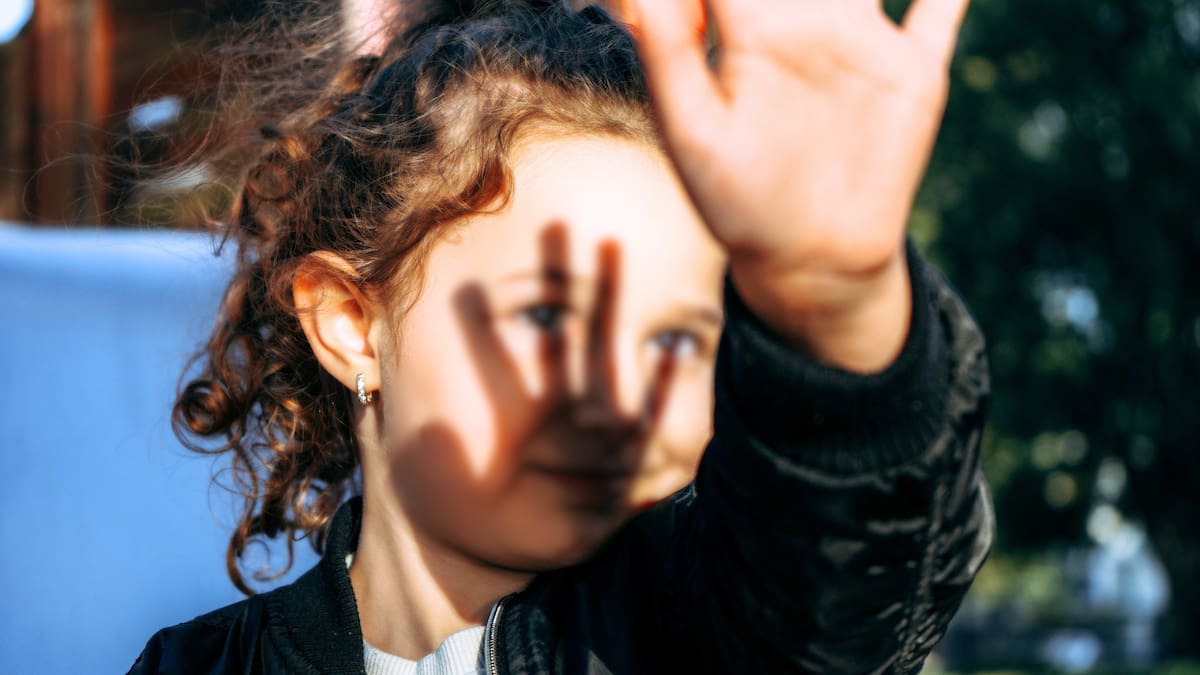“None of those people I would leave alone with my children,” she says.
Dickinson is staunch about not posting photos or information about her children online, eager to ensure they don’t have a digital footprint.
“New Zealand’s children are one of the most at risk around the world because of our lack of regulation,” Dickinson says.
“Facebook just came out recently and said … we have been data scraping Australia and New Zealand citizens because you guys didn’t make any regulation to protect that. So in the EU you can opt out as a citizen [but] in New Zealand … you cannot. But also if you’re holding your child or you’re posting a picture of your child and it’s not private, we’ve been using your children’s faces and children’s images have been created from New Zealand and Australian citizens and … you can never unlearn that.”
Dickinson’s family rule is simple and unapologetic. No public photos of her children. If someone pulls out a camera at a birthday party she’ll ask them not to photograph her kids.
“People are like, don’t be weird. I am weird. And if you knew what I knew, you would be weird too.”
She believes a lot of parents don’t see the harm because they’re not aware.
“I think New Zealand is so far behind the rest of the world on our AI literacy.”
Dickinson wants AI regulation implemented in New Zealand. In the meantime she is committed to raising awareness about the dangers of AI while also helping create technology that “empowers humans and reduces digital inequality”.
“It is moving fast. If you are not moving with it, it might knock you and you did not see it coming.”
The full conversation also covers prompt writing that actually works, why Netflix keeps guessing you wrong, the real environmental cost of AI, and what jobs are most likely to change next.
Listen to the full episode of The Little Things for more from Dr Michelle Dickinson on AI
The Little Things is available on iHeartRadio, Apple Podcasts, Spotify or wherever you get your podcasts. The series is hosted by broadcaster Francesca Rudkin and health researcher Louise Ayrey. New episodes are available every Saturday.

